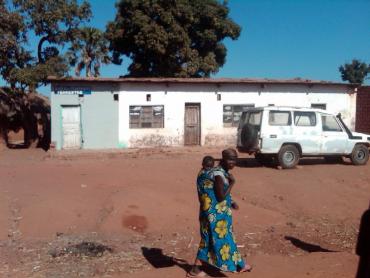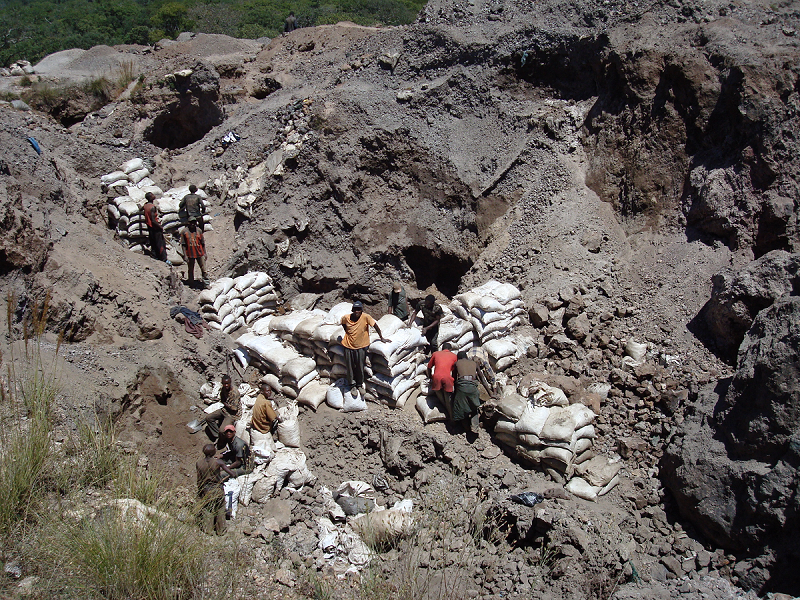RAID recently lost the first round of a court case concerning freedom of information and sanctions against Zimbabwe. At first sight, and set against other momentous news and disclosures, this ruling on a point of law appears to have little consequence. However, the current furore over the ‘Panama Papers’ underlines its far-reaching significance.
Author Archives: non_profit
In a blow to efforts to rebuild its reputation after an ignominious exit from the London Stock Exchange[1], the Eurasian Resources Group (ERG, formerly ENRC) has been publicly criticised by the UK Government for failing to address human rights impacts at mine sites under the control of its subsidiaries in the Democratic Republic of the Congo (DRC).[2] ENRC had tried – but ultimately failed – to get the adverse findings overturned.
The UN Guiding Principles on Business and Human Rights (GPs) were introduced in 2011 and endorsed by the UN Human Rights Council. They state explicitly that the responsibility of business enterprises to respect human rights applies to all enterprises regardless of their size, sector, operational context, ownership and structure. However, the GPs rely on self-policing by business.
Company grievance mechanisms are more about protecting or refurbishing a company’s reputation than providing an effective remedy to the victims of corporate-related human rights abuse. This is the conclusion of the latest report by Rights and Accountability in Development (RAID), Principles without justice: the corporate takeover of human rights. The report examines practices at Tanzanian and Congolese subsidiaries of two of the world’s biggest mining companies, Glencore and Barrick Gold.
RAID’s public communications are based on extensive, well-documented, case material gathered in field visits to the North Mara mine with MiningWatch, before and after the recent settlement of claims brought by Leigh Day & Co. on behalf of victims of violence at the mine site. The claims, though denied by Acacia, resulted in an out-of-court settlement in February 2015 here.
Gecamines (the Congolese state-owned mining company) and its joint venture partner, Dino Steel International (owned by Glencore’s long term business partner, Groupe Bazano), sold the Chabara mine permit to the Glencore subsidiary, Mutanda Mining, in February 2015 because they claim it was “overrun in a permanent way” by independent diggers and therefore difficult to develop.
In their separate responses to RAID of March 2015, both Acacia Mining plc (formerly known as African Barrick Gold plc – ABG) and Barrick Gold Corporation state:
The endorsement of the GPs in June 2011 was seen as an important milestone in the fight to ensure that rights are protected in the context of business operations. Whereas the VPSHR, which date from 2000, focus upon impacts arising from security arrangements, the GPs encompass the full range of human rights that companies can impact. Given the GPs’ over-arching status, increasingly there are calls to fully align the VPSHR with the GPs.
In March 2013 proceedings were brought in the High Court of England and Wales by the leading law firm Leigh Day against African Barrick Gold (ABG; now Acacia Mining) and its 100% owned subsidiary, North Mara Gold Mine (NMGML) on behalf of a group of Tanzanian villagers. The claim was that ABG and its subsidiary were liable, through complicity, for killing and injuring of locals at the North Mara mine by police guarding the mine. The companies denied the allegations.
RAID, Bread for All and Fastenopfer have released an update to their report PR or Progress? Glencore’s Corporate Responsibility in the Democratic Republic of the Congo, published in English in June 2014. On the eve of publication, Glencore attempted to delay the report’s release, claiming that it contained ‘significant factual errors’ and ‘detailed information and key findings’ which had not previously been put to the company – a breach, according to Glencore, of the Memorandum of Understanding agreed at the outset of the research.


